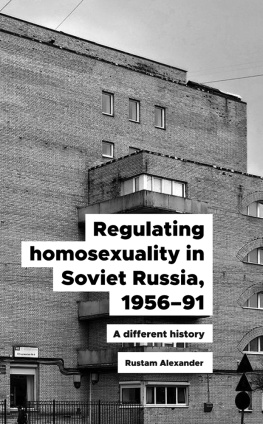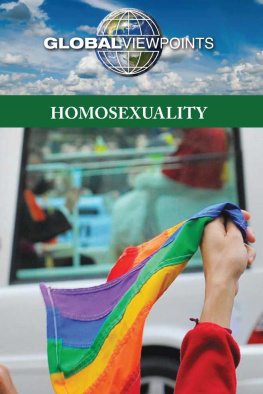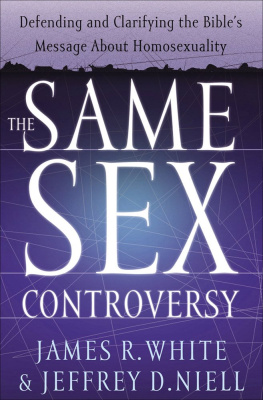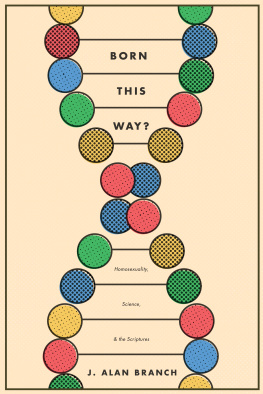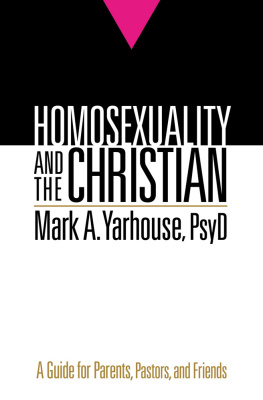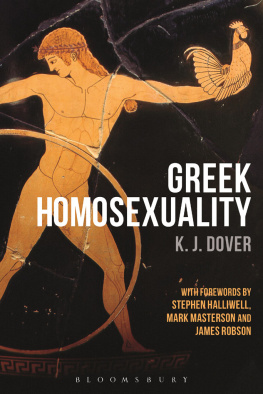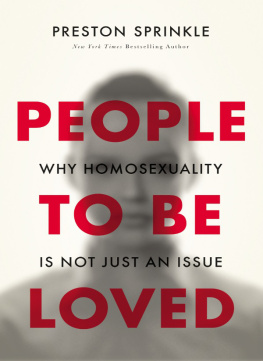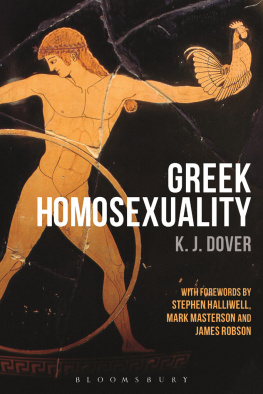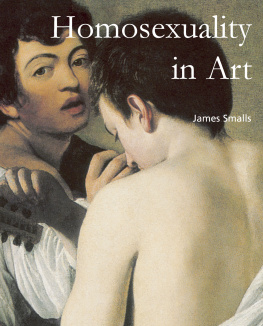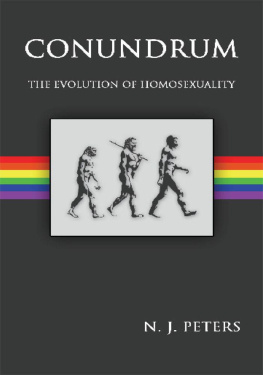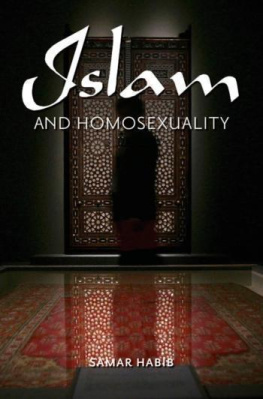Copyright Rustam Alexander 2021
The right of Rustam Alexander to be identified as the author of this work has been asserted by them in accordance with the Copyright, Designs and Patents Act 1988.
Published by Manchester University Press
Altrincham Street, Manchester M1 7JA
www.manchesteruniversitypress.co.uk
British Library Cataloguing-in-Publication Data
A catalogue record for this book is available from the British Library
ISBN 978 1 5261 5576 4 hardback
First published 2021
The publisher has no responsibility for the persistence or accuracy of URLs for any external or third-party internet websites referred to in this book, and does not guarantee that any content on such websites is, or will remain, accurate or appropriate.
Typeset by
Sunrise Setting Ltd, Brixham
Contents
This project has been a long time in the making, and during this period I acquired many intellectual debts to a great number of people. The roots of this project lay in the research which I conducted for the University of Melbourne. Therefore, I would like to extend my gratitude to Dr Julie Fedor for her support, patience and encouragement throughout the course of the project. I would also like to thank Professor Sean Scalmer for his continual faith in me and words of encouragement. While working on my book manuscript and proposal, I received immense support from Professor Dan Healey. He not only advised me on the location of some of the sources for my research but also was kind enough to read my whole manuscript and book proposal, offering detailed comments and encouraging me to be more ambitious with my arguments and academic pursuits. I would also like to thank Professor Deborah A. Field, who also gave me extensive comments on the book manuscript.
I am immensely grateful to the people who agreed to consider my work for publication in the volumes and journals they edited, as well as providing useful feedback on my work Professors Melanie Ili, Harriet Murav and Richard Mole. I am also grateful to the anonymous reviewers of Slavic Review , who offered incisive comments and assisted greatly in improving one of my articles which formed part of this book. I am also grateful to writers like Masha Gessen and Professor Dennis Altman for taking their time in their busy schedules to discuss my project.
Obtaining sources for this project was an arduous task, and I am grateful to the many scholars who answered my queries on possible archives to consult and people to interview. Among these scholars, I want to mention Professors Ben de Jong and Laurie Essig, as well as Kateina Likov and Ineta Lipa. I am also grateful to the sexologists of the Moscow Research Institute of Psychiatry and especially Yan Genrikhovich Goland, a psychiatrist from the city of Nizhnii Novgorod, for sharing materials and documents from his collection. Whatever the differences I have with these doctors about the question of whether homosexuality is a disease or not, I realise that, without their aid, some chapters of this book would never have come into existence. I am also indebted to Russian, Ukrainian, Lithuanian and Estonian archivists for their immense help and guidance.
I am grateful to my friends and colleagues who offered their help and words of encouragement while I was writing this book. Among them are Samuel Gomes, Adam Elm and Mia Shouha. A special thanks to Peter McKerrow, who helped me fathom the differences between Russian and English legal terms and definitions; Konstantin Fillipenok and Anton Shubin, who tirelessly went to the libraries and archives to find the relevant materials for the book; and Megan Ivory, who helped me with the final changes.
Finally, I am indebted to my friend Rhett Miller, who on a rainy autumn day of 2013 in Moscow Propaganda Caf pitched me what at the time seemed to me a crazy idea to live in Australia and do research on Russian homophobia. Without his initial encouragement, my life in this beautiful country, as well as the research and subsequent book, would never have come into being. This book is, therefore, my modest expression of gratitude to him.
Melbourne, 2020
| AIDS | acquired immunodeficiency syndrome |
| GARF | Gosudarstvennyi arkhiv Rossiiskoi Federatsii (State Archive of the Russian Federation) |
| GDR | German Democratic Republic |
| GULAG | Glavnoe upravlenie lagerei (Main Camp Administration) |
| ITK | ispravitelno-trudovaya koloniya (corrective labour camp) |
| ITU | ispravitelno-trudovoe uchrezhdenie (corrective labour institution) |
| KGB | Komitet gosudarstvennoi bezopasnosti (Committee for State Security) |
| MVD | Ministerstvo vnutrennikh del (Ministry of Internal Affairs) |
| RSFSR | Rossiiskaya Sovetskaya Federativnaya Sotsialisticheskaya Respublika (Russian Soviet Federative Socialist Republic) |
| SSR | Soviet Socialist Republic |
| STI | sexually transmitted infection |
| Archival citations are accompanied by the following abbreviations: |
| f. | fond (archive) |
| op. | opis (inventory) |
| l. | list (page) |
In fact, there was a lot of talk about sex during this time and this book breaks through the seeming silence to uncover what was being said. It examines a range of previously unexplored sources that demonstrate that there were remarkable discussions on the issue among Soviet experts doctors, jurists and educators and police from 1956 until the collapse of the USSR. In their discussions, both experts and police defined homosexuality and elaborated on ways of dealing with it in the Soviet context.
The examination of these extraordinary and previously unknown discussions allows us to explore the relevance of Michel Foucaults complex writing on the history of sexuality to Soviet homosexuality and to see whether the Foucauldian power-knowledge paradigm had the same implications for the issue of homosexuality in the USSR as it did in Western countries. According to Foucault, the modernisation of Western societies was strongly linked to the emergence of discourses on sexuality in them. These discourses acted as new means of control over the health and prosperity of the people. Sexuality became the object of analytical and scientific scrutiny, so that sexual abnormalities, which had hitherto been regarded as Similar trends appear to have occurred in the Soviet Union: educators, doctors and jurists embraced sexual modernity, by rationalising and modernising controls over homosexuality and abandoning simplistic understandings of it as an infraction and temporary aberration, while framing it in more modern terms a disease, a mental disorder or even just a variant of normal sexuality. These experts moved forward with bold proposals to decriminalise homosexuality and wrest it from police hands, relegating the issue to the sphere of medicine, even admitting that homosexual desire was not an ailment at all. Importantly, it was not only homosexuality that fell within these experts purview, but the issue of sex more broadly. Doctors and educators, concerned with post-war demographic crisis, framed sex as a matter of economic and national significance, underscoring the importance of medical discourse and sex education, as well as the provision of sexological medical services to Soviet people. Fulfilling sexual lives, they argued, enhanced the labour productivity of Soviet citizens and were therefore essential for the development of society and the state.
Despite the existing similarities between the Soviet and Western modernisation of sex, this process had been different in the USSR. In fact, it has always been problematic for historians to apply Foucauldian theories to Russian and Soviet cases. Laura Engelstein expressed doubts about the relevance of Foucaults ideas to the Russian case, arguing that the power-knowledge paradigm never had the chance to thrive in Russia.
Next page
